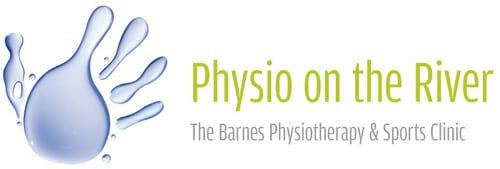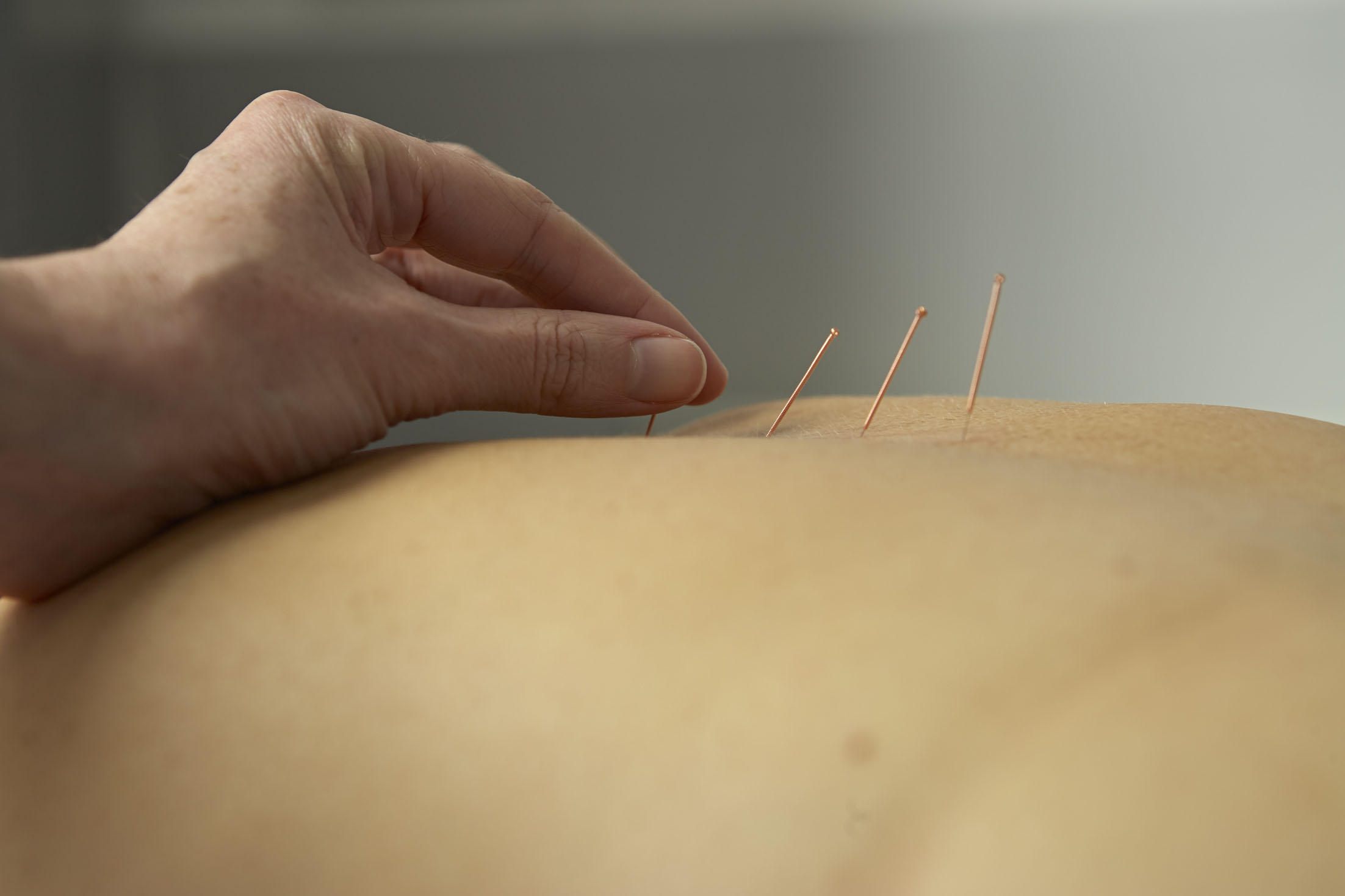The history of acupuncture dates back to 1000 BC and has long been a significant aspect of Eastern Medicine. Over the past thirty years acupuncture has begun to play an important role in Western Medicine and is now a treatment that is regularly offered and used in the majority of NHS Pain Clinics. It is thought to stimulate the release of the body’s own pain-relieving chemicals and hormones, at the skin, at spinal cord level and centrally in the brain.
Recent research is now supporting the effectiveness of acupuncture, particularly in the management of pain. The evidence supports that for low back pain, neck pain and arthritic knee pain, acupuncture is a useful tool in the treatment of these conditions. It is hoped that further ongoing research will start to support the anecdotal evidence for its worth with other conditions as well.
Physiotherapists, with their extensive knowledge of anatomy and physiology are well placed to use acupuncture in their approach to pain control. In addition, their use of manual techniques and rehabilitation combine well with the use of acupuncture to give an overall effective package of care.
The needling technique is sterile and largely painless – the needles being far finer than those used for inoculations. The points chosen are either trigger points within muscles (painful tight bands within the muscle) or recognised points associated with a pattern of pain. A local response is often felt once the needles are in place. Chinese practice calls this the ‘De Qi’ effect, whilst the western medical model would see this as the local pain relieving response.
Physio on the River has several physiotherapists who have undergone further vigorous training in acupuncture and are members of the Acupuncture Association of Chartered Physiotherapists. They can be specifically requested when booking an initial consultation and all major health insurance companies will still cover the treatment.


